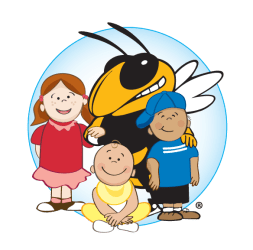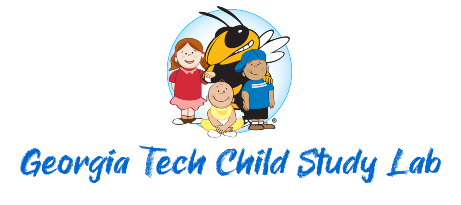The goal of this study is to follow young children with autism over time, from 18-months to 5-years of age, to see how they learn to communicate and speak. We hope to learn more about the various developmental pathways to language and better understand why some children struggle to develop spoken language.
We are no longer enrolling new families for this study.
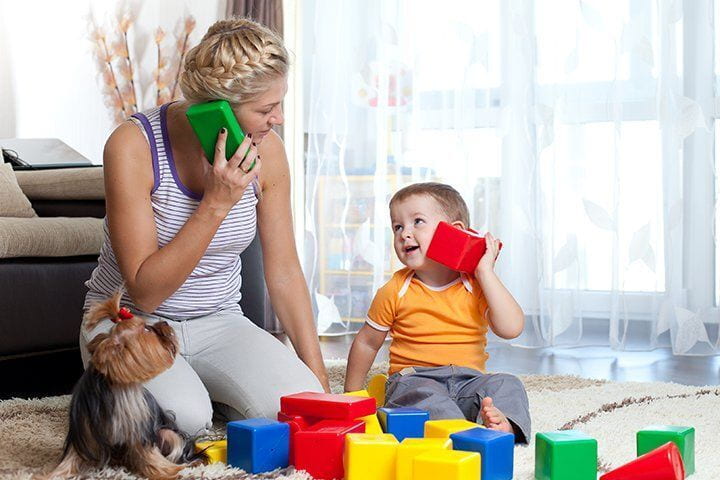
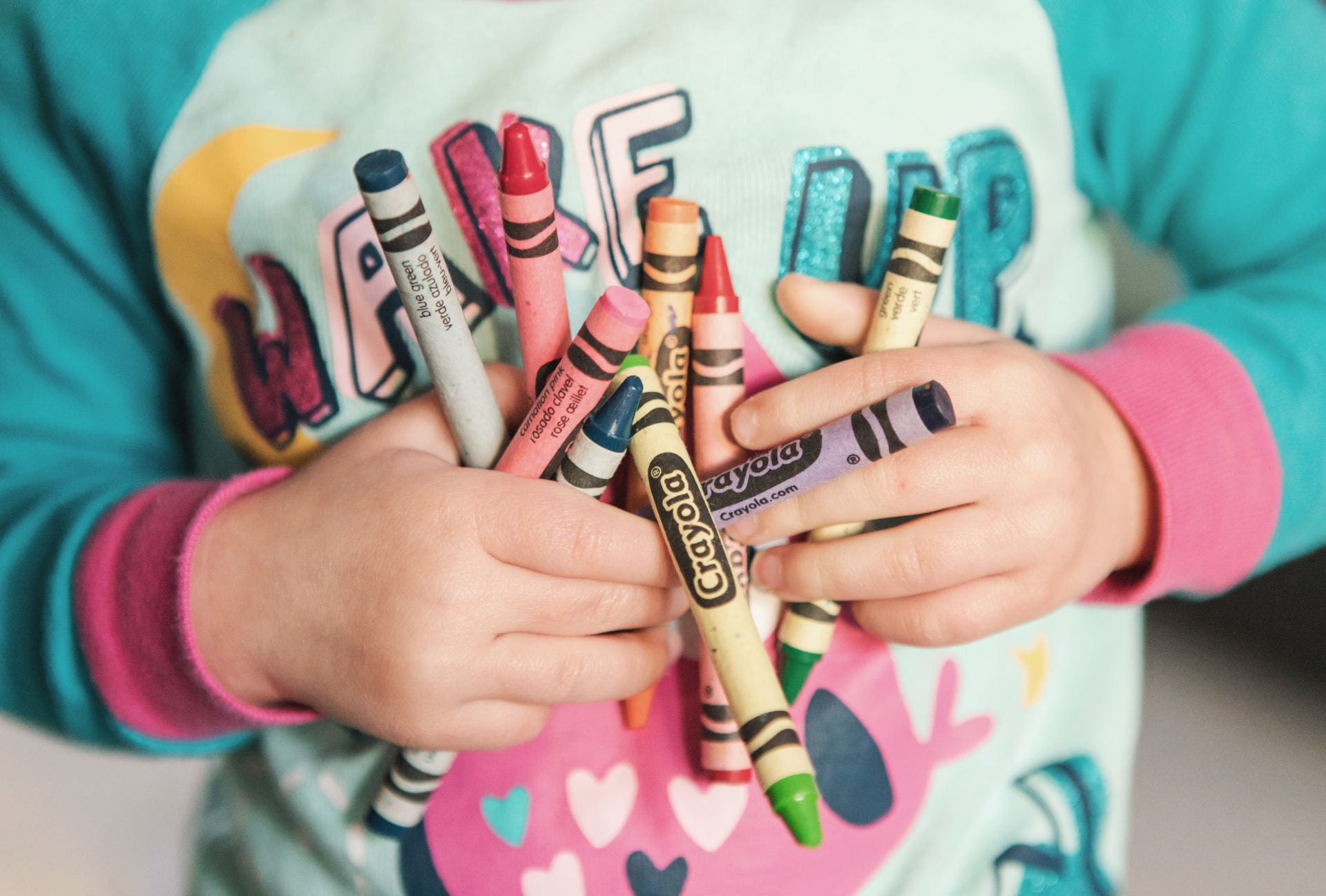
Initial Eligibility Visit:
First, we complete an initial visit to confirm that a child meets our research study criteria. To participate, each child must be between 18 and 30 months old and have a confirmed diagnosis of Autism Spectrum Disorder (ASD). If a child has been referred for an evaluation due to suspected ASD, but has not yet been evaluated, the eligibility visit is overseen by our clinical consultant, Dr. Brandi Smith, Psy. D.
Once we confirm a child’s eligibility, the family will complete the following:
- Follow-up visits, every 3 months until the child turns 3-years old, to capture subtle changes in the child’s development (3+ visits; up to 2 hours each).
- A final visit when the child turns 5-years old (up to 2.5 hours).
- At each visit, the child will participate in play-based activities and standardized assessments of development and communication.
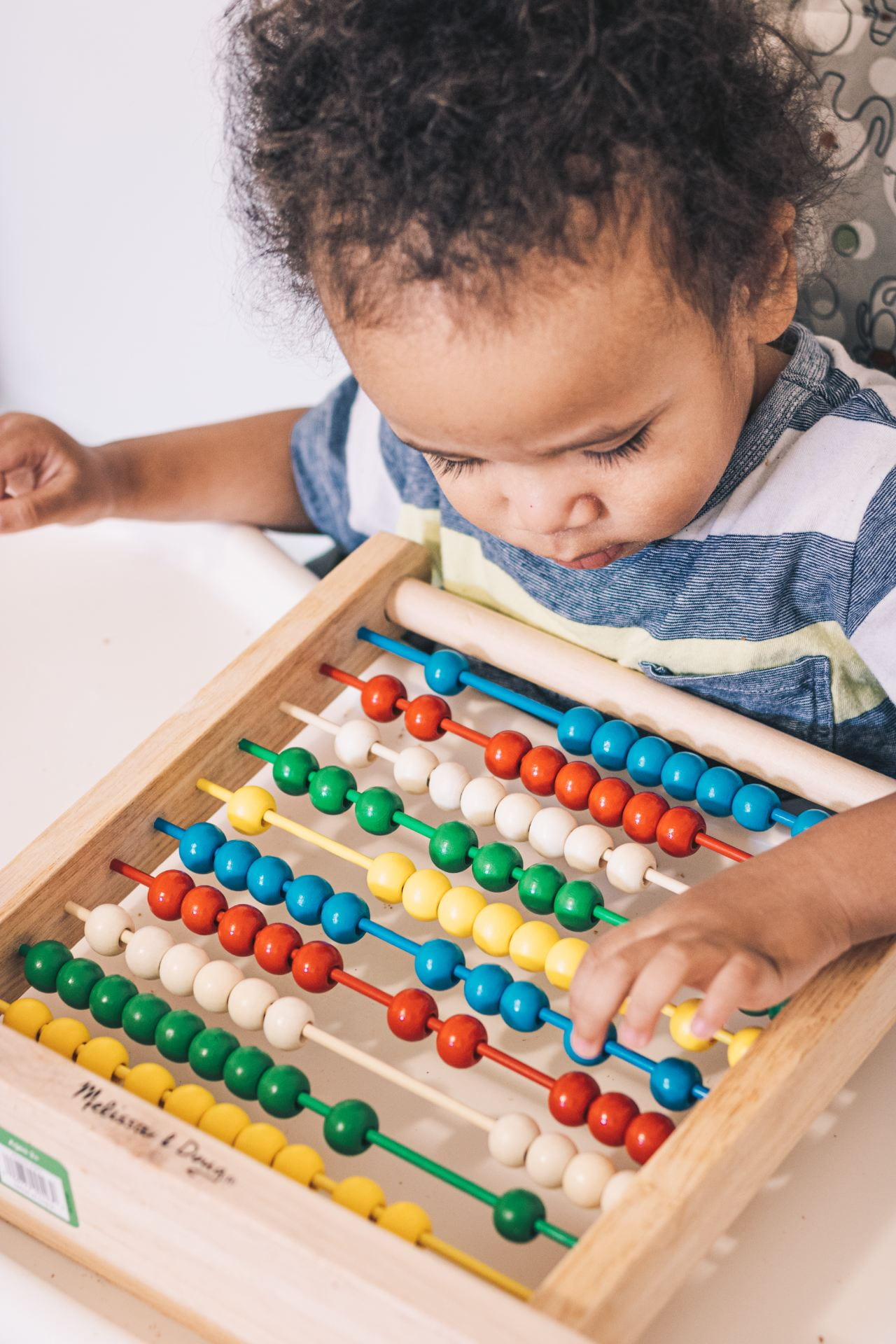
In order to participate, each child must:
- Be between 18 and 30 months old
- Have a concern for, or a confirmed diagnosis of, Autism Spectrum Disorder
- Normal or corrected-to-normal vision and hearing
- No major medical or genetic diagnoses
Compensation
Parents will receive $75 for the first visit, $75 for each follow up visit, and $100 for the final 5-year-old visit. Parking will be provided at each visit. Additional compensation is available for families living outside the metro Atlanta area.
After each visit, we will send parents a letter with their child’s scores on the standardized assessments as well as a summary of their child’s strengths and any skills they may want to work on. This letter may be helpful to share with anyone working with their child.

